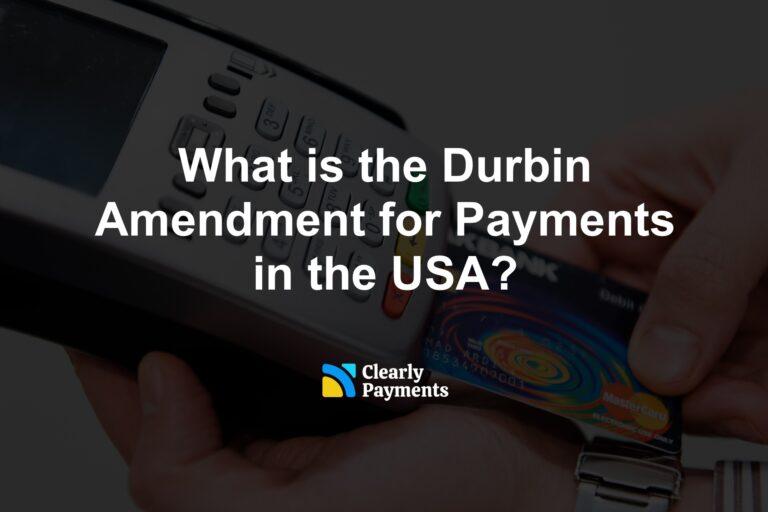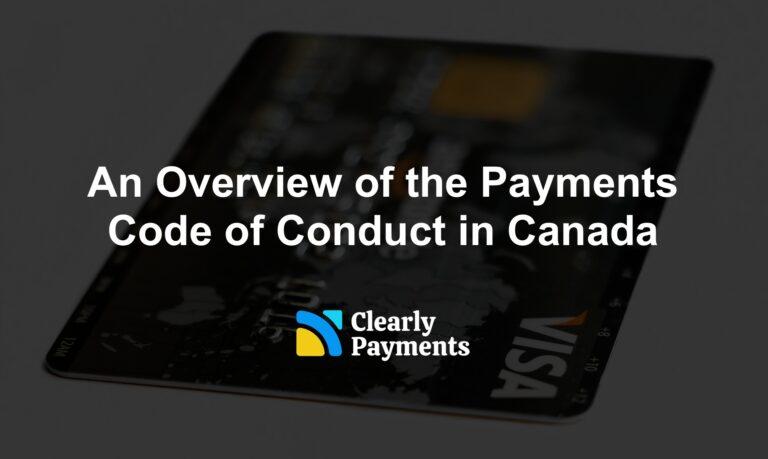Chargebacks are a pain. If you get a chargeback, it means a customer of yours has got to the point where they don’t believe they got the product or service they paid for. So they complained to the credit card company and got their money back.
A great goal is to reduce and hopefully stop chargebacks completely. Here are tips to help you reduce chargebacks:
- Make your refund and return policies super clear: Make sure that the conditions of the sale are written on the receipt near the customer’s signature. Make sure people get a printed copy or email of the receipt. If you have a refund or return policy, make sure peolpe have easy access to it: printed on your counter, a page on your website, etc.
- Respond to chargeback letters from credit card companies fast: If you want to dispute a customer’s chargeback, all requested documentation should be sent by the time requested.
- Collect the security code (CVC or CVV) on the back of credit cards: Most online payment processors and payment gateways support the ability to accept security codes in an eCommerce transaction. This is also a good feature to reduce fraud.
- Use the Address Verification System (AVS): AVS makes sure that the address used is the address associated with the credit card.
- Make you business name on credit card statements clear: You can control what it reads on the line item of your customer’s credit card statements. For example, if you use your business number, like “138237045”, it is highly likely your customer will not recognize it. They may do a chargeback. Use a clear business name and if you can, let people know what name will appear on their credit card statement.
- Collect signatures on deliveries: If you ship products to customers, require a signature. This ensures that your customer actually received the product from you.
If you want a simple generalization on how to reduce chargebacks, it’s setting expectations. Set super clear expectations with your customers and your chargeback will drop. Most of the time, chargebacks occur just because the customer is unclear of what happened.




